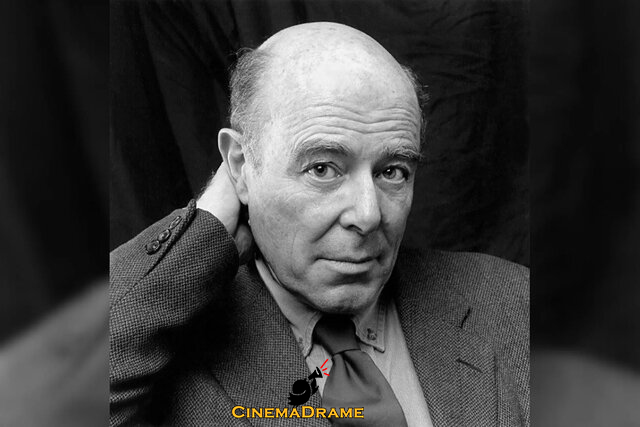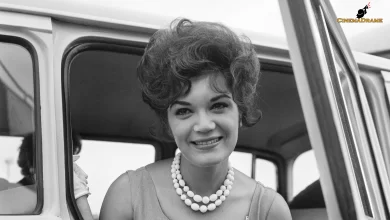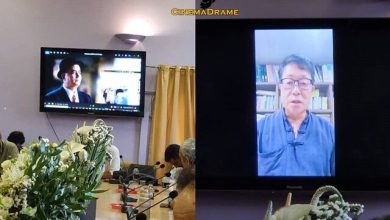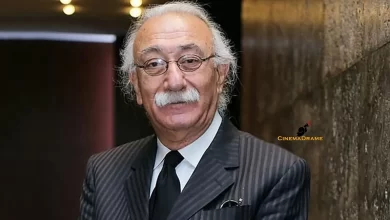Marcel Ophuls Passes Away

According to cinemadrame News Agency, Marcel Ophuls, the Academy Award-winning documentary filmmaker who exposed France’s collaboration with the Nazis during World War II, has passed away at the age of 97.
Marcel Ophuls was the son of the renowned German filmmaker Max Ophüls. His grandson, Andreas-Benjamin Seifert, stated in a press release sent to Agence France-Presse (AFP) that he died peacefully on May 24.
Marcel Ophuls shocked France with his documentary film “The Sorrow and the Pity” (1969), about the occupied city of Clermont-Ferrand during the Vichy regime. This documentary challenged a long-held national pride of France, which asserted that the country and its people had resisted the Nazi occupiers. The film was not allowed to be broadcast on French public television until 1981.
Using a mosaic of interviews and archival news footage, the documentary revealed the widespread nature of collaboration with the Nazis, from simple hairdressers to the aristocracy and societal elites. Despite being over four hours long, it attracted a new generation of viewers at a time when documentaries were rarely shown in cinemas, leading to long queues.
The Director Who Escaped the Nazis
Marcel Ophuls, born Hans Marcel Oppenheimer on November 1, 1927, in Frankfurt, Germany, was the son of actress Hilde Wall and director Max Ophüls. He fled first to France with his father and famous filmmakers like Billy Wilder and Fritz Lang, then reached the United States via the Pyrenees mountain range. This migration occurred in 1941.
Ophuls spent his teenage years in Hollywood and then served as a soldier in Japan in 1946. He returned to France in 1950 and began his career as an assistant director. Among his early works was his collaboration with his father on his last film, “Lola Montès” (1955).
In 1963, Ophuls made his first attempt in fiction cinema with the film “Banana Peel” starring Jean-Paul Belmondo and Jeanne Moreau, but it was a commercial failure, leading him to documentary filmmaking. He was hired by French public television, which led him to focus on documentaries.
Documentary Successes and a Period of Seclusion
Ophuls won an Academy Award for Best Documentary in 1989 for “Hotel Terminus: The Life and Times of Klaus Barbie.” However, his 1994 documentary, “Veillées d’Armes” (The Troubles We’ve Seen), about the media coverage of the Bosnian War, was a commercial failure.
He spent the following years away from the spotlight, in the south of France, inactive. His return with the 2013 film “A Traveler,” a kind of travelogue, filled the cinema halls at the Cannes Film Festival.
Commenting on his father’s influence on his work, Marcel Ophuls once said: “His name helped me find work. More importantly, it helped me be humble about my own successes. I was born in the shadow of a genius, and that kept me from being conceited.”







